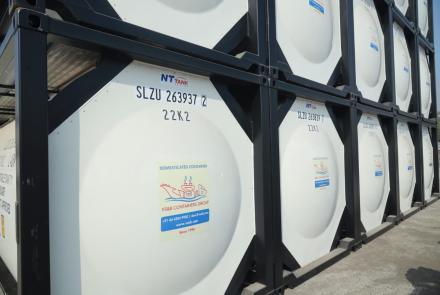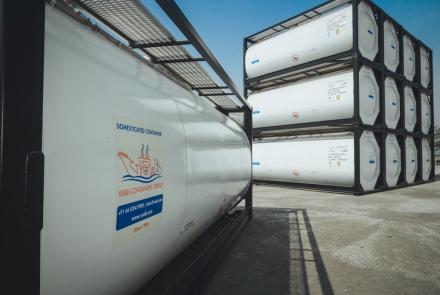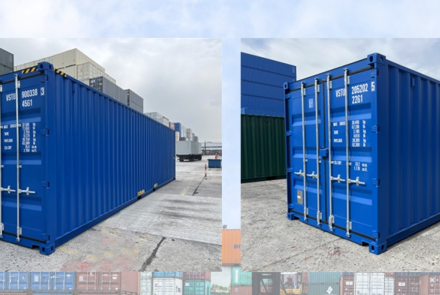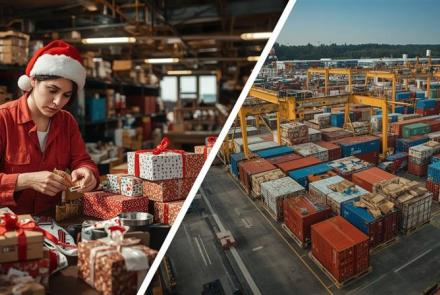International Shipping Containers vs Domestic Containers
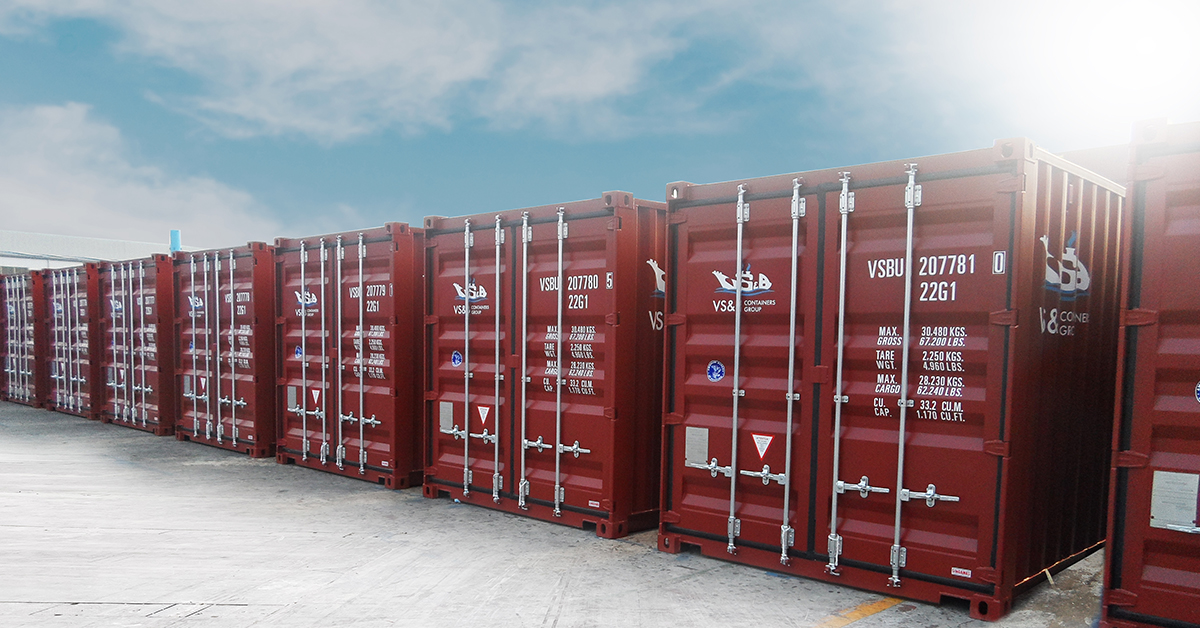
International shipping containers serve as crucial components of global trade, operating within a network of vessels navigating international waters. However, beyond their primary purpose, these containers offer immense potential for domestic use, serving as cost-effective solutions for various logistical challenges. International shipping containers can be considered as an extension of a ship which is expected to sail on international waters again within a specified time (usually 6 months). In India, if containers are intended for use within the country, they must be domesticated by paying import duty.
Unlocking Domestic Potential in India
When containers are intended for domestic use within a country's borders, they must undergo a process of domestication, typically involving the payment of import duties. Once domesticated, these containers find diverse applications in domestic transportation, warehousing, temporary shelters, and site offices, offering versatility and flexibility in logistics management.
Efficient Storage Solutions
Post-production, manufacturers often utilize containers for storing products instead of traditional warehouses, optimizing space utilization and reducing land occupancy. Direct storage in containers streamlines supply chain processes, minimizing handling and ensuring efficient inventory management, especially for products with fluctuating demand.
Streamlining Operations
Terminal operators play a vital role in leasing containers to importers for storing goods, enabling seamless operations and mitigating potential delays. Importers leverage leased containers to unload and store consignments, reducing detention charges associated with delays in cargo clearance or delivery. This strategic approach ensures optimal utilization of shipping line-owned containers and expedites the export cycle.
Some consignees, particularly those importing sensitive or high-tech equipment, opt for domestic containers to maintain confidentiality and enhance security measures. Domestic containers offer a discreet storage solution, safeguarding valuable assets and proprietary information during transit and storage.
Coastal Shipping and Beyond
Domestic containers play a pivotal role in coastal shipping, offering a cost-effective alternative for transporting goods across maritime routes. The substantial cost benefits associated with coastal shipping make domestic containers indispensable for businesses seeking efficient and economical logistics solutions.
VS&B: Your Trusted Partner in Domestic Logistics:
At VS&B, we boast a robust fleet of Cargo Worthy domesticated containers across India, catering to diverse logistical requirements. From coastal shipping and rail transport to conversion projects and on-site storage solutions, our containers offer unmatched versatility and reliability, empowering businesses to optimize their logistics operations seamlessly.
The evolution of international shipping containers into versatile domestic assets underscores their pivotal role in modern logistics. With VS&B's comprehensive range of domesticated containers in India, businesses can unlock new avenues for efficiency, cost savings, and operational excellence in domestic logistics management.
- Log in to post comments


